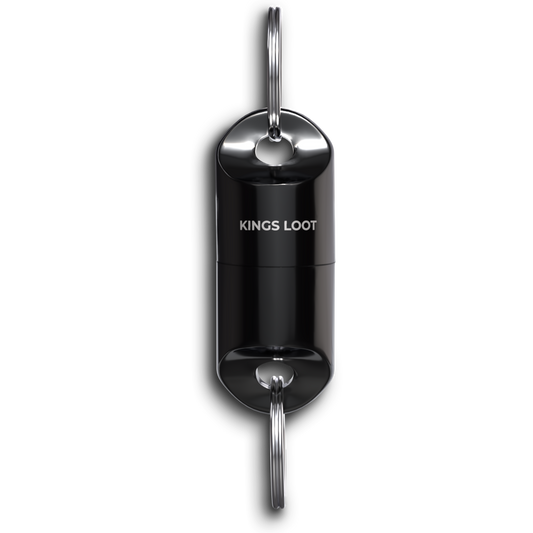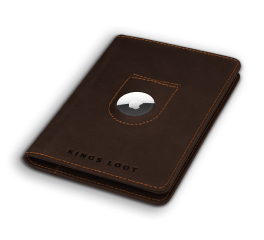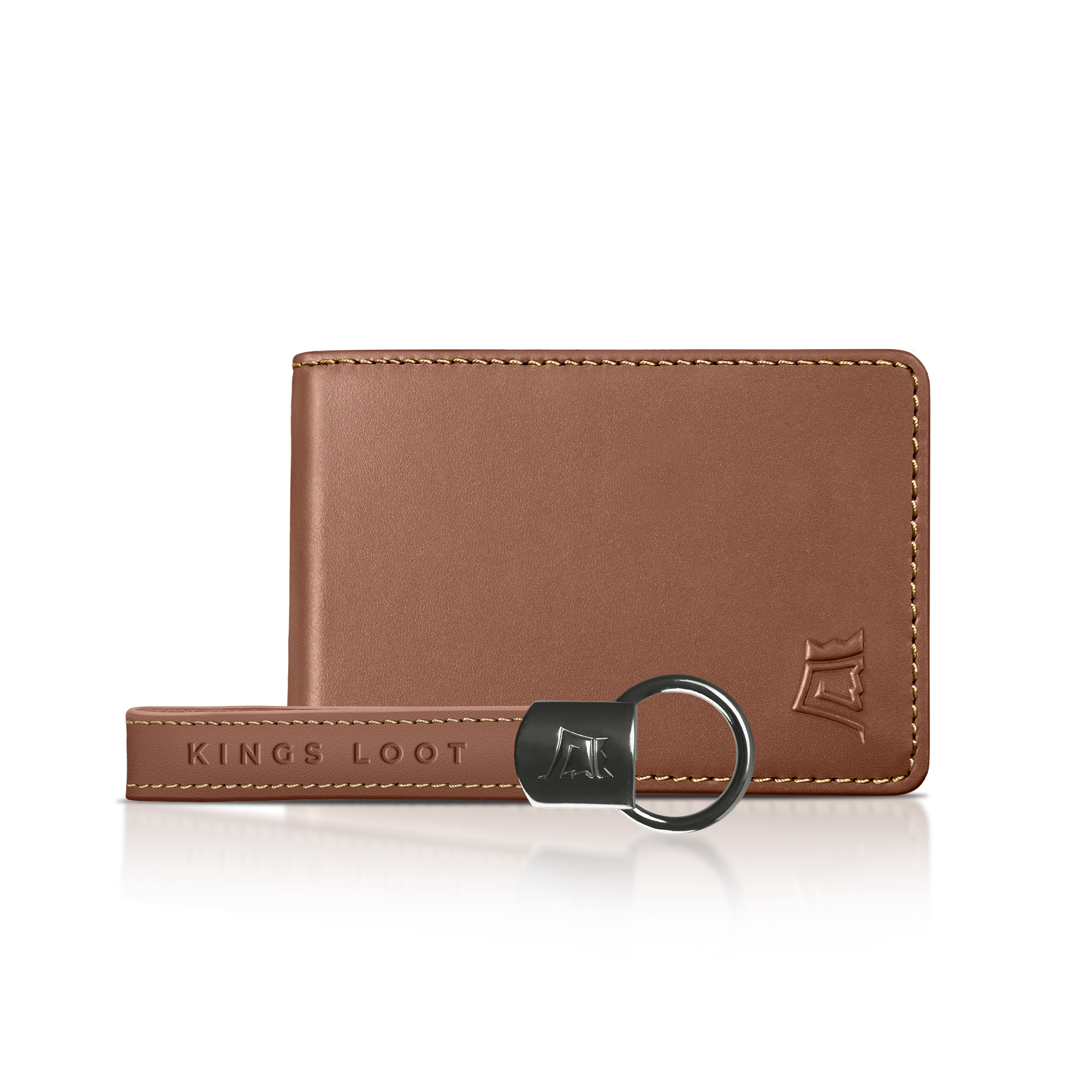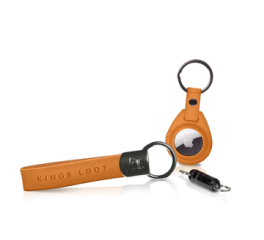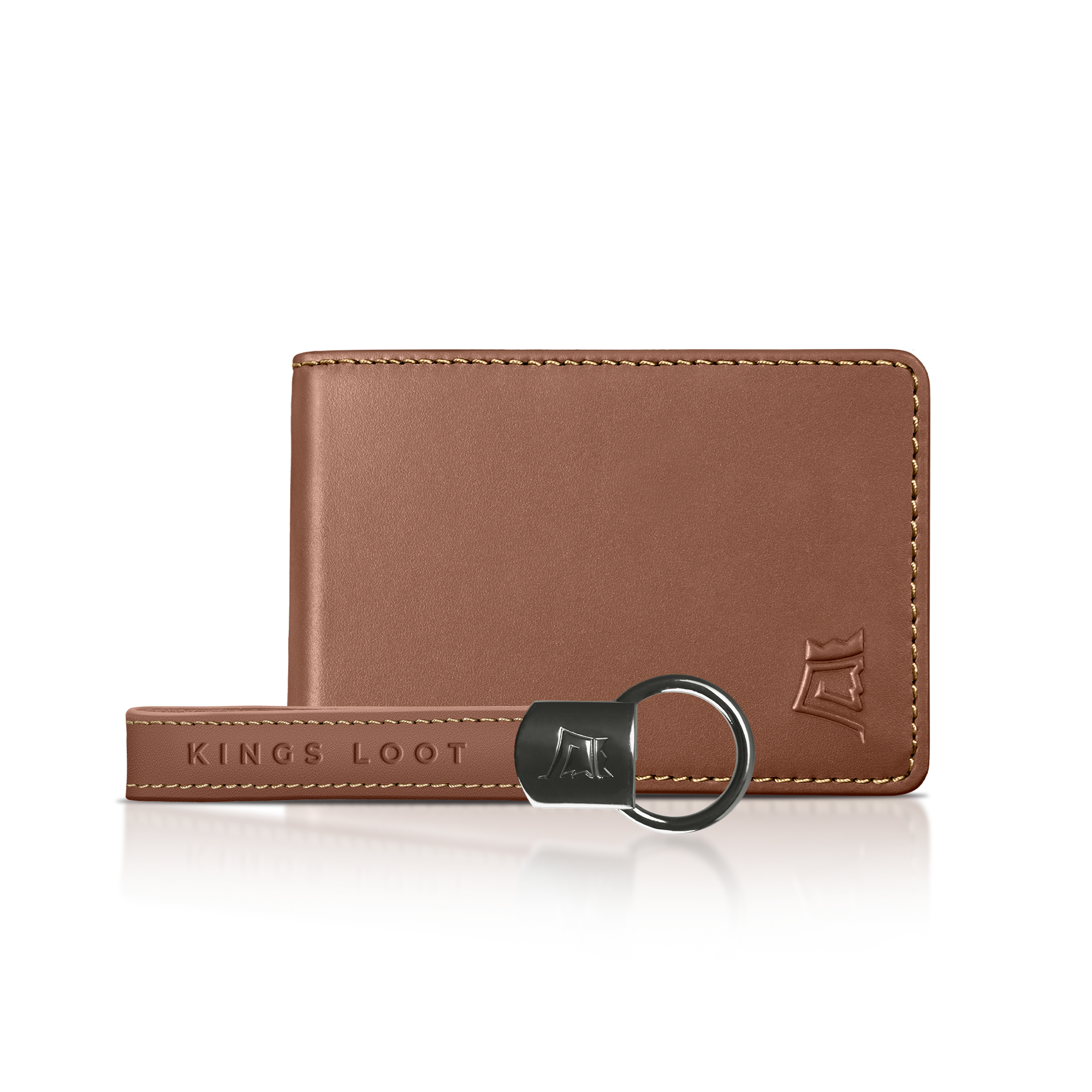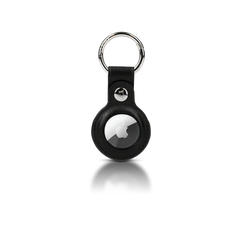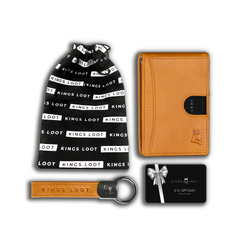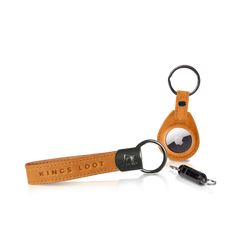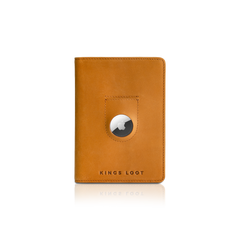The Hidden Benefits of Conditional Love
Love has conditions.
And you know what? I don’t think this is a bad thing.
Conditions act like guidelines or boundaries. They tell us who or what qualifies for our love, and to what extent.
When you think about it, setting boundaries is one of the most loving things you can do in any relationship. It’s how you protect yourself and others from causing pain (or worse) in you, in themselves, or in both.
Every relationship comes with boundaries. (Whether they’re honored is another thing!)
But boundaries are good when they let you put conditions on the type and amount of yourself you’ll share. We can’t be all things to all people, after all.
For example: I love my daughters, with a fatherly love that’s steady and unending. But I don’t love them the same way I love my wife. My relationship with my wife is different from my relationships with my daughters, and that’s how it should be.
Both of these loving relationships also have conditions attached. If I met one of my girls but she wasn’t my daughter, I would like her a lot but I wouldn’t love her like a daughter. Why? Because there’s a condition attached, and the condition changes how I operate.
English is a language with a lot of nuance, but it’s also lacking in nuance in some ways. One of those ways is how we express the word “love.”
The ancient Greeks teased out a bunch of different ways to talk about love, because they (rightly) recognized that love has different expressions depending on the nature of the relationship.
So I thought it might be fun to talk about the different ways love was expressed in ancient Greece. It has a lot to teach us!
First is philia, which you’ll often hear described as brotherly love. (If you have siblings and you get along with them, then this definition applies!) Brotherly love is hard won. It’s a deep devotion that comes out of a bond that has developed. When you think of the phrase “band of brothers,” the love they have for each other is philia love.
Agape love is a love for everyone. It’s a universal, unwavering type of love that is extended broadly, to “everyone,” and it reflects a sense of unity. It “looks like” empathy and, often, activism on behalf of others. CS Lewis once called agape love “gift love” because it’s a gift that’s freely given, without any reciprocation or requirement necessary.
Ludus is a playful love, like the carefree friendship you’d see among children who just want to play. Ludus is when you’re hanging out with your friends for poker night and there’s lots of playful banter and whatnot. Ludus is also present sometimes in romantic relationships, especially in times that are playful and/or flirtatious.
Eros is the love that Valentine’s Day typically invokes, and it’s all about romantic love or desire. It’s the intoxicating passion or that “madly in love” kind of feeling.
The flip side of eros is pragma, which is actually a word that was around but not something we see used very much in ancient Greek; it’s a newer addition to the conversation, but one I think is worth mentioning. Pragma love is that solid, steadfast, mature love you see between long-married partners. I read somewhere that eros is “falling in love” and pragma is “standing in love.”
And finally, there’s philautia, which is self-love. Self-love has two sides. Too much self-love, or unhealthy self-love, and you get narcissism. But healthy self-love might be translated more closely as self-esteem, self-compassion, or the appreciation of yourself and your inherent worth.
So why am I sharing all of this with you?
Because I want to explain a bit more about how the Kings Loot team approaches our customers. We want you to feel our love for you in every interaction you have with us.
(Can you guess what kind of love I’m talking about here? There might be more than one!)
As I told the team the other day, people will rarely remember what you say, but they’ll always remember the way you make them feel.
And we want you to feel like we value and appreciate you, just for being you.






